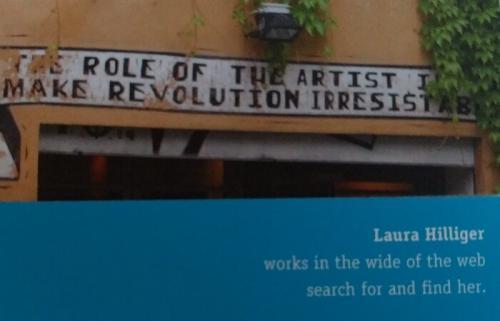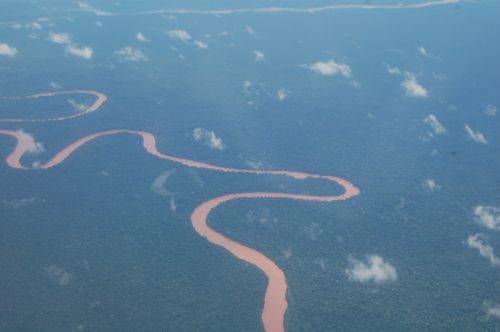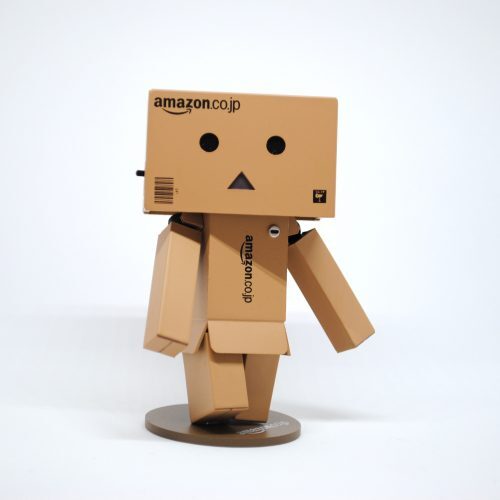To imagine alternative lives is an exercise from the Artist’s Way. Once you’ve determined who you would like to be, you’re supposed to do something that inches you closer to that thing. If you imagine yourself as a professional scuba diver, you’d make sure swimming was part of your weekly routine.
The document I chose to use to start this post already had these words on it:
In a parallel universe I am: A revolutionary.
I’m not imagining alternative lives at the moment, I’m imagining better futures. “The role of the artist is to make revolution irresistible.” I want to do what I can to encourage a revolution.

Divergent future visions
This morning, I read two articles about what our future might look like. The first, from German futurist Mattias Horx, is calling a victory for collectivist, common sense thinking as early as autumn 2020. He says:
“This has shifted the relationship between technology and culture. Before the crisis, technology seemed to be the panacea, the bearer of all utopias. No one — or only a few hard-boiled people — still believe in the great digital redemption today. The big technology hype is over. We are again turning our attention to the humane questions: What is mankind? What do we mean to each other?”
Mattias Horx

Meanwhile, Brian Merchant, a writer who is working on “a second book, about the first rebellion against automation—the deeply misunderstood Luddite uprisings of the early 1800s—and what might cause the next one,“ writes about the actuality that Amazon is hiring 100K workers and the economic winners of this crisis are rewriting the rules:
“For one, Amazonification means an increased reliance on precarious, part-time labor in the form of seasonal and highly replaceable warehouse workers or Flex delivery drivers, who work grueling hours with no benefits. We’ve seen this model not only at Amazon, of course, but also at Lyft, Uber, Instacart, and DoorDash, which, as the virus’s spread began, offered workers who weren’t feeling well a choice between putting themselves and others at risk to go to work or staying at home with no pay or cushion of support.“
Brian Merchant

Ideal futures imagined
Back in September We Are Open Co-op and LDR21 designed 4 focused Future Models for government CIOs and other public sector leaders at the 52nd ICA conference. My career has been about imagining how things can be better in our world. How cooperation can change things. How impact comes from sustained engagement, or sustained resistance. How being human is about the rejection of things in our world that are inhumane. Like forcing people to choose between public health and sustenance.
There is a real danger that we misuse this opportunity. There’s a danger that we dig ourselves further into centralized structures and monopolized attention. There is a danger that the other side of this for me is becoming a Leonard Mead figure, a man who walks in a time when walking isn’t sane.
If we want to have a different, better future, we have to make decisions that are uncomfortable and inconvenient. We have to recognize the bits of us that are in control, when it feels like we have so very little control. I’ve said it many times, to family, friends, clients and colleagues – our actions matter. Now more than ever.
We all have time now. Time to reflect. Time to do some research. Time to choose differently. It’s not enough to imagine the ideal future, we have to make decisions that get us there. Need help? Get in touch.